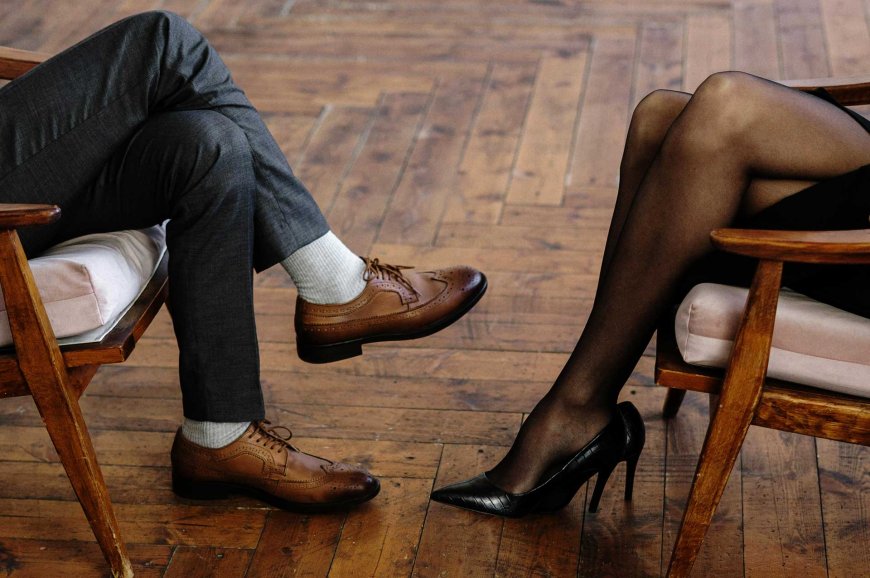Divorce in Japan
The intricate world of Japanese divorce culture, where tradition clashes with modern ideals, shaping the landscape of marital dissolution in unique ways.

Divorce Through the Lens of Japanese Culture
Divorce is a universal phenomenon, yet its perception and cultural nuances vary significantly from one society to another. Japan, a country renowned for its rich traditions and cultural intricacies, offers a fascinating lens through which to explore the dynamics of divorce. Exploring the depths of Japanese society unveils complex values, traditions, and societal expectations that shape the experience of divorce.

Historical Perspectives
To understand the contemporary culture surrounding divorce in Japan, it's essential to examine its historical roots. Traditionally, divorce was uncommon in Japan, primarily due to the influence of Confucian values emphasizing the sanctity of marriage and family unity. However, the Meiji Restoration in the late 19th century brought about significant social and legal reforms, including the introduction of Western concepts of individual rights and legal equality. While the Meiji Civil Code granted both husband and wife the right to divorce, the wife's ability to exercise this right was significantly limited. Only with the implementation of a revised Japanese Civil Code in 1947 did the wife gain genuine access to the right to divorce. This period marked the beginning of a gradual shift in attitudes toward divorce.

Legal Framework
Japan's legal framework surrounding divorce is governed by the Family Registration Law and the Civil Code. Under Japanese law, there are two main types of divorce: judicial divorce, which requires court intervention, and administrative divorce, which can be obtained through mutual consent at a local government office. Typically, divorce cannot be pursued unless both spouses are in agreement. Consequently, the law mandates that parties attempt to reach mutual consent for divorce, with court intervention and judgment being sought only in cases of disagreement. Furthermore, even when court involvement occurs, specific statutory grounds must be met for the divorce to proceed. While divorce rates in Japan have been steadily increasing over the years, the process itself can still be fraught with bureaucratic hurdles and social stigma.

Social Stigma and Shame
Despite the changing legal landscape, divorce continues to carry a significant social stigma in Japan. The concept of "gaman," or endurance, is deeply ingrained in Japanese culture, emphasizing the importance of perseverance and maintaining harmony within the family unit. As a result, individuals contemplating divorce may face intense pressure to uphold societal expectations and endure marital difficulties silently. The fear of being labeled as a failure or bringing shame upon one's family can act as powerful deterrents against seeking divorce.

Gender Dynamics
Gender dynamics play a crucial role in shaping the culture around divorce in Japan. Historically, women faced considerable social and economic disadvantages in the aftermath of divorce, leading many to endure unhappy marriages rather than risk social ostracism and financial instability. While the legal landscape has evolved to grant women greater rights and protections, entrenched gender norms still influence perceptions of divorce. Women, in particular, may encounter scrutiny and judgment for initiating divorce, facing accusations of disrupting the traditional family structure.

Economic Considerations
Economic factors also loom large in the decision to divorce in Japan. The country's patriarchal corporate culture often places men in the role of primary breadwinners, leaving women financially dependent on their spouses. Divorce can entail significant financial upheaval, particularly for women who may struggle to re-enter the workforce or secure stable employment. As a result, economic considerations can become a significant barrier to seeking divorce, further perpetuating the cycle of marital unhappiness.

The Ever-Changing Dynamics of Divorce in Japan
Despite the enduring stigma surrounding divorce, changing societal attitudes and demographics are reshaping the landscape. Japan's rapidly aging population and declining birthrate have prompted a reevaluation of traditional family structures. The rise of individualism and women's empowerment movements has also contributed to shifting perceptions of marriage and divorce. Increasingly, couples are prioritizing personal fulfillment and happiness over societal expectations, leading to greater acceptance of divorce as a viable option.

The culture surrounding divorce in Japan reflects a complex interplay of historical legacies, societal norms, and individual experiences. While traditional values of endurance and family unity continue to exert influence, changing demographics and shifting attitudes are gradually reshaping perceptions of divorce. As Japan navigates the delicate balance between tradition and modernity, the cultural landscape surrounding divorce remains a dynamic and evolving phenomenon.
Find Cheap Flight Tickets to any Destinations in Japan and the Philippines
Nipino.com is committed to providing you with accurate and genuine content. Let us know your opinion by clicking HERE.





























































